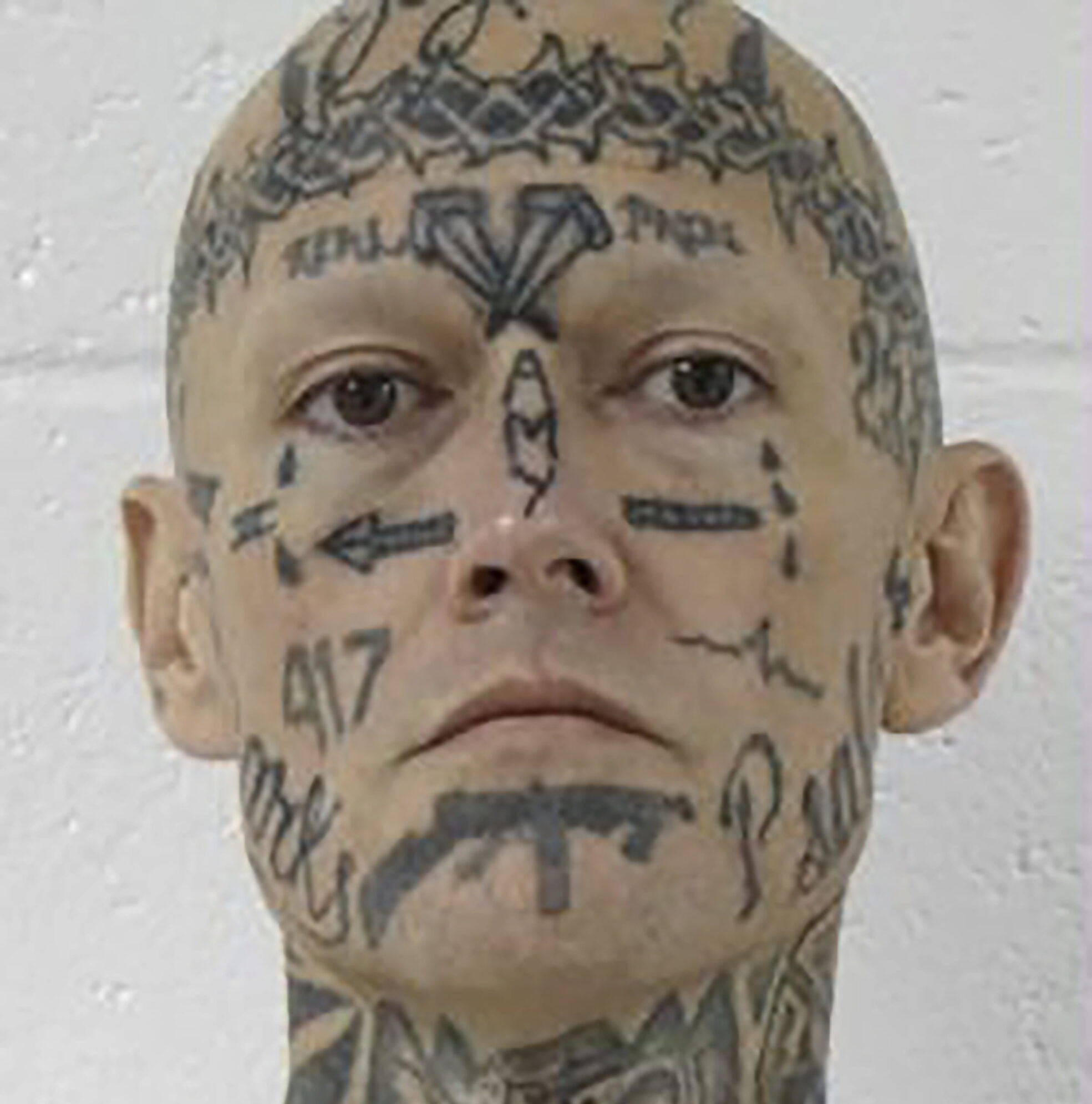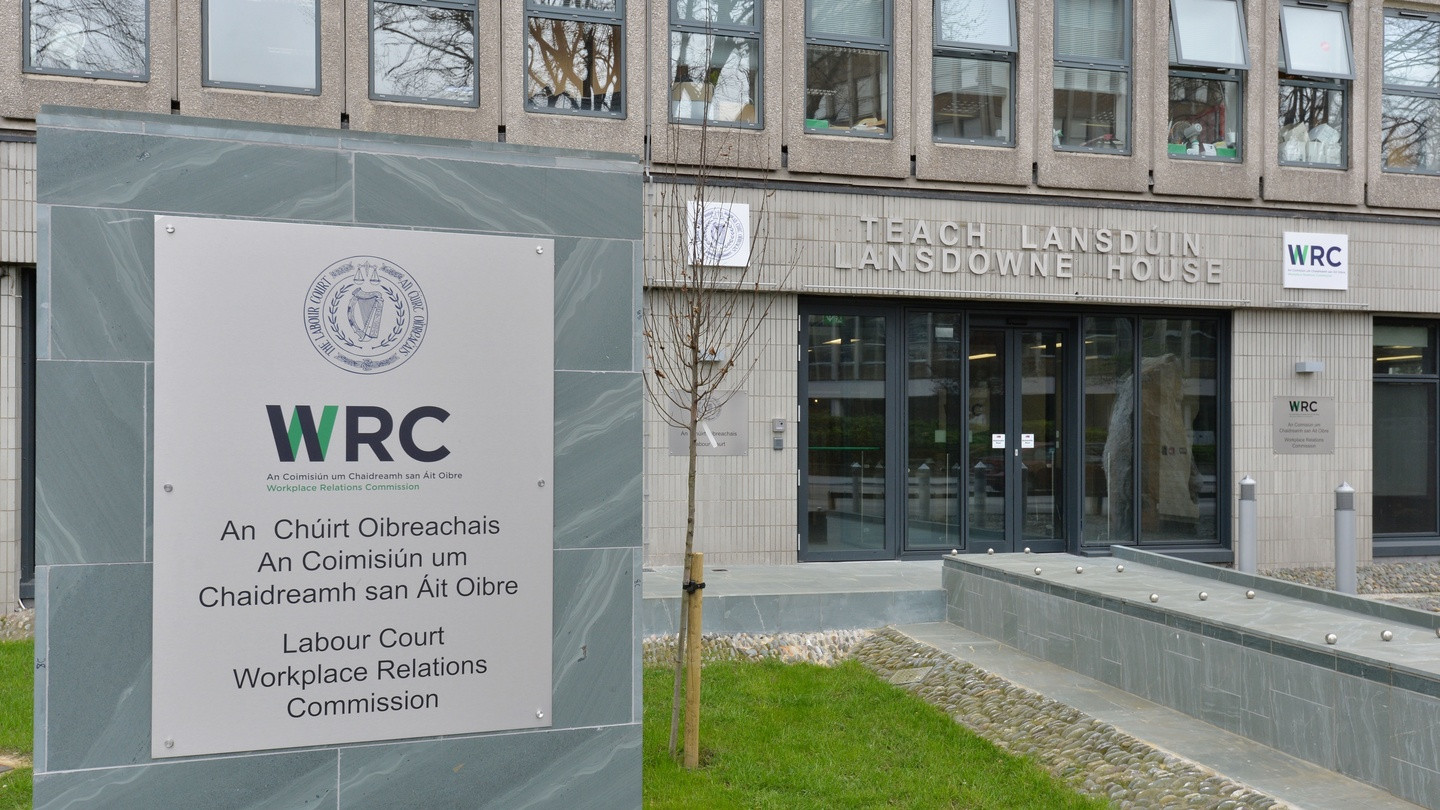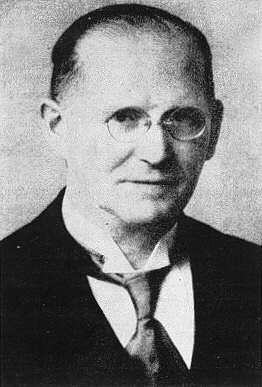Missouri is set to execute a death row inmate Tuesday night after two efforts to save his life failed.
The Missouri Supreme Court and the state's governor both rejected requests from attorneys for Marcellus Williams to cancel his execution. Gov. Mike Parson had been asked to convert Williams' sentence to life in prison, while the state Supreme Court was asked to grant a stay. Williams' case has spurred several efforts to save his life amid doubts about the evidence presented at his 2001 murder trial and the actions of a trial lawyer in the case.
Williams, 55, was convicted of first-degree murder and sentenced to death for the killing of Felicia "Lisha" Gayle, a newspaper reporter who was found stabbed to death in her home in the St. Louis area in 1998.
He has maintained that he is innocent, and his attorneys have turned to multiple avenues to stop his execution, receving support from the local prosecutor’s office.
His attorneys moved to vacate his sentence, arguing that his DNA was not found on the murder weapon and that his jury trial was unfair.
On Monday, a day before Williams was scheduled to die by injection, his lawyers argued before the Missouri Supreme Court that his execution should be halted because the trial lawyer for the prosecution in the 2001 case said at a recent hearing that he struck a Black man from the jury because of his race and that the prosecution mishandled the murder weapon. The attorneys are asking for the court to either find that those actions violated Williams’ rights or have a lower court address those issues.
“The prosecutor in Marcellus Williams’ case has admitted under oath that he struck a juror in part because of his race,” attorney Jonathan Potts said at Monday's hearing.
Potts said the trial prosecutor struck a Black man “in part because he was a young man with glasses” and he looked similar to Williams, saying they looked “like brothers.”
“He admitted that there was actually a racial component here, and that is unconstitutional,” he said.
The jury included one Black juror.
Potts also argued that the trial prosecutor mishandled the murder weapon in bad faith when he held it without gloves, contaminating the knife, which they say could have been used to prove Williams was innocent.
Assistant Attorney General Michael Spillane denied that the potential juror was struck because he was Black, saying: “There’s no clearly convincing evidence here. There’s no evidence at all.”
He also said that based on procedures at the time, the attorney did not mishandle the evidence by touching the knife without gloves after it was tested.
Williams also has an appeal before the U.S. Supreme Court.
At the time of the trial, an inmate who shared a cell with Williams and a former girlfriend both said Williams confessed to them that he was responsible for the murder. His attorneys have said the two were seeking reward money.
In January, Wesley Bell, the top prosecutor for St. Louis County, filed a motion to vacate or set aside Williams’ conviction and sentence, partly because DNA experts concluded Williams was excluded from DNA found on the murder weapon through testing that was not available at the time of the trial.
Ahead of that hearing, tests showed the DNA was consistent with that of members of the prosecution team from the original trial, who had touched the knife without gloves.
With that piece of evidence allegedly contaminated, the office of Bell, a Democrat, and attorneys for Williams reached a deal that would spare Williams the death penalty in exchange for life in prison without parole.
A St. Louis County circuit judge and Gayle’s family also agreed to the deal, but state Attorney General Andrew Bailey, a Republican, opposed it, and the state Supreme Court agreed.
A judge ultimately rejected the motion to vacate, a ruling Williams’ attorneys appealed to the state Supreme Court in the hearing Monday.
The NAACP also asked Parson in a letter last week to stop the execution, saying it “would amount to a horrible miscarriage of justice and a perpetuation of the worst of Missouri’s past.”
In 2017, the governor at the time stayed Williams’ execution hours before he was to have been put to death after evidence showed he was not the source of the DNA on the murder weapon. A previous execution date was also stayed in 2015.
Daniella Silva is a national reporter for NBC News, focusing on immigration and education.
© 2024 NBC UNIVERSAL

















